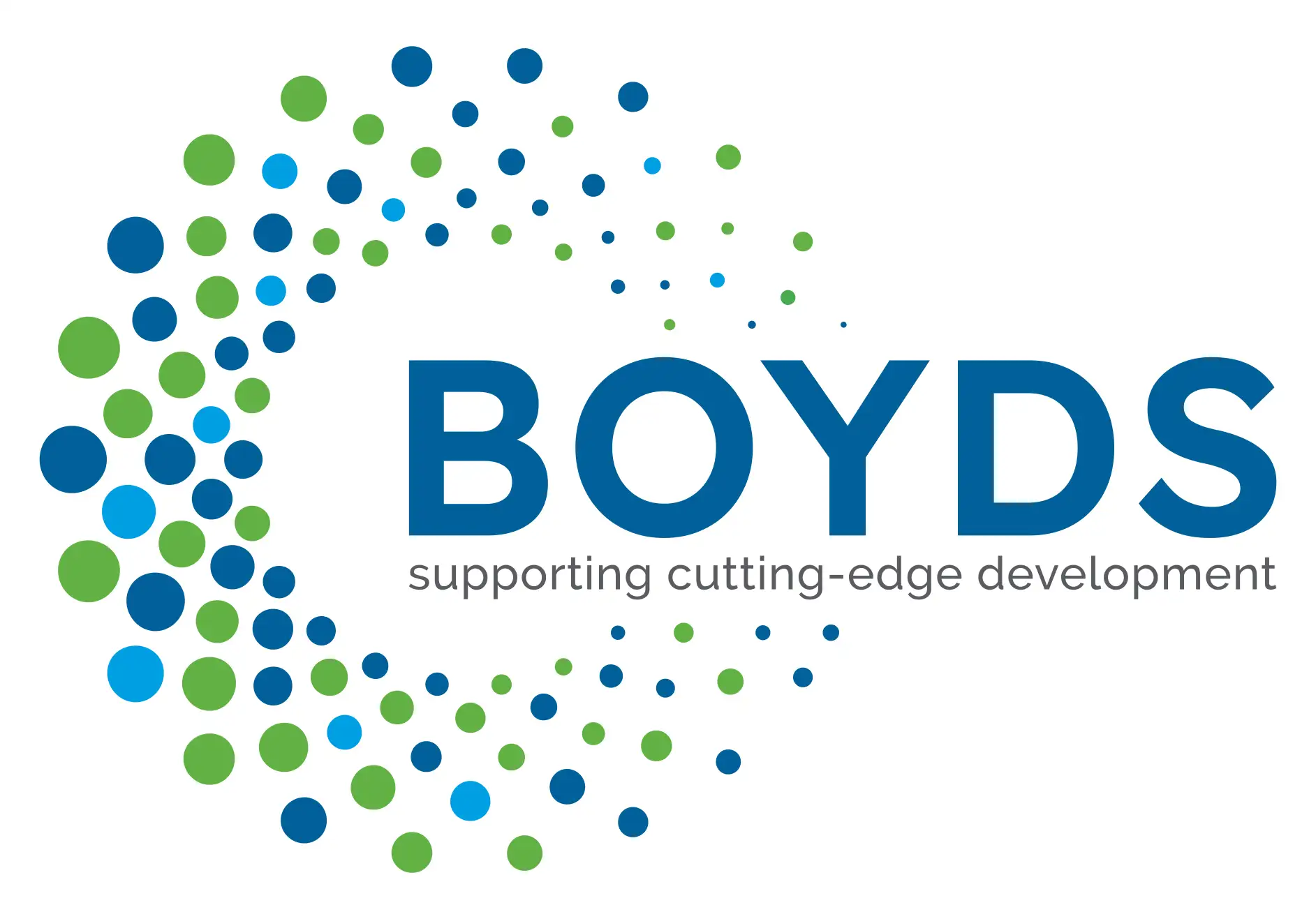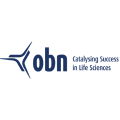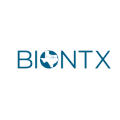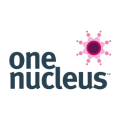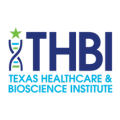The latest trends in US drug development
In this blog, Katy Rudnick, Vice President and Head of US Regulatory Affairs at Boyds, explores the latest trends and initiatives at the FDA and discusses their potential impact on drug development in 2024.
2024 is set to be a very busy year for everyone working in the US drug development space, whether it be early clinical development or later into licensure.
One of the most notable recent changes has been the departure of Dr Janet Woodcock as the FDA’s Principal Deputy Commissioner. Dr Namandjé Bumpus, who has been the FDA’s Chief Scientist since August 2022, has stepped into her shoes. With a track record in food and expanding cosmetics regulations, Dr Bumpus brings a unique perspective, and it will be interesting to see how this plays out for drug development.
Meanwhile, the FDA is undergoing another reorganisation, with The Office of Regulatory Affairs set to be transformed into a new Office of Inspections and Investigations. The changes are mainly meant to be focused on inspections, investigations and import operations, and are intended to help shift these compliance related functions under a better structure and chain of command for those activities. Another objective of the reorganisation is to set up a brand-new Office of Regulatory and Emerging Science. Time will tell as to whether this will be a duplication of the existing Office of Regulatory Science and Innovation.
Recent FDA initiatives
Last year, we saw the introduction of several measures and schemes across the board, with the CMC Development and Readiness pilot and the STARTs trials initiative. We’ve also seen two FDA thought papers on the use of AI and machine learning in drug discovery. Additionally, there is the CDER initiative on innovative clinical trial approaches. These latest initiatives highlight that the FDA is proactively seeking feedback and input from drug developers.
Given the success of Operation Warp Speed (OWS), which was launched as part of the COVID-19 pandemic response, the FDA intends to continue to utilise this scheme moving forward. It is a partnership between the HHS, CDC, FDA, NIH, and several other government agencies, and essentially lit a fire under some of the programs to give enhanced government support. With the FDA’s focus on rare diseases, it’s thought that this will be an area of concentrated development and will see those programs moving speedily through the process.
Support for Clinical Trials Advancing Rare Disease Therapeutics (START)
START was initiated in the last half of 2023 as a pilot program. The program facilitates more frequent FDA communication with the aim of resolving clinical development issues. This is a very small pilot with only three INDs to be accepted under each center (CDER/CBER). However, Dr. Marks, director of the FDA’s CBER, appears to be really championing rare disease treatments, and we continue to hear promise of more FDA efforts to assist sponsors in this area.
CDER Accelerating Rare Diseases Cures (ARC)
Other efforts include a brand-new offshoot of the ARC program called LEADER 3D – Learning and Education to Advance and Empower Rare Disease Drug Developers. The program is currently soliciting rare disease drug program development information to fill knowledge gaps in development regulation. The docket for this is open until the end of April to industry but also to patient groups and academia. The FDA’s wish for this is to create a publicly available resource on submitted topics, but the direct benefits to stakeholders are currently unclear.
CDER Enhancing Adoption of Innovative Clinical Trial Approaches
This program underscores the FDA’s commitment to embracing novel methodologies and technologies. The FDA is currently in the data gathering period and is looking for feedback to understand the pain points around innovative trial designs and areas such as AI and real-world data. The FDA has long acknowledged that it is always playing a game of catch up with emerging tools and technologies and that information gathering is the first piece of the puzzle.
Chemistry, Manufacturing, and Controls (CMC) Development and Readiness Pilot (CDRP) Program
We’re entering the second year of the CMC Development and Readiness pilot, which offers two specific CMC type B meetings, inclusive of follow ups and different communications. This provides the sponsor with immediate and direct benefit. The goal is a quicker CMC agreement for programs and accelerated clinical development, or an overall quicker product approval. This program is key as it is important that CMC development can keep pace with all the ongoing innovative initiatives.
Innovative Science and Technology Approaches for New Drugs (ISTAND) Pilot Program
FDA’s Center for Drug Evaluation and Research (CDER) and Center for Biologics Evaluation and Research (CBER) recently accepted a new submission into the Innovative Science and Technology Approaches for New Drugs (ISTAND) Pilot Program. This submission is the first artificial intelligence-based and digital health technology-based project and the first project in neuroscience to be accepted into ISTAND.
The FDA has a few different drug development tool qualification programs. These help developers with measures that aid in drug development and regulatory review, such as biomarkers, novel clinical outcome assessments and other different tools and technologies. However, these programs are often specific. ISTAND is therefore designed for the tools that do not fit the current programs, but that still have great value. The AI-based entry into ISTAND is an exciting development, as it is one true, tangible example of how rapidly AI is moving into the drug development space.
CDER Quality Management Maturity
The FDA has just announced a quality management maturity program to incentivise drug manufacturers to go beyond good manufacturing practice. The FDA’s focus here is to encourage manufacturers to take a more holistic and ingrained approach to their quality management. Interestingly, the FDA has stated it plans to acknowledge the establishments that take part and call out their successes.
FDA hot topics
Whilst these pilot programs exist and are in place, it will take a while for them to roll into regulation. There are some hot topics that the FDA seems to be promoting, including rare disease drugs and further agency/sponsor collaboration opportunities. A review of the 2024 legislative goals also shows a focus on foods, animal products, a general tightening up of regulations already in place, and, of course, considerations for future pandemic scenarios.
Overall, the FDA appears to be promoting quicker patient access and more frequent communications. Advanced knowledge sharing is above and beyond anything we’ve seen previously, but it is likely to be some time until we see the resultant guidance in place.
Key considerations
There are potential risks involved in moving through these clinical development programs at an accelerated rate. But it is important to remember we’re working with a limited data set at this point, and the FDA is vigilant through the development program and beyond into the approvals phase and is actively monitoring all areas. For example, there has been a recent black box requirement introduced for CAR-T products in which very specific labelling requirements have been requested, as well as additional lifetime patient monitoring for participants in immunotherapy trials.
Although the FDA has a range of pilot programs, they are not always going to be the best fit for all development programs and developers. Sponsors should carefully consider their program timelines and budgets when deciding which program is the most beneficial for them.
For further insights on this topic, listen to podcast episode: ‘US drug development: the latest regulatory trends and initiatives’ here.
Our Conversations in Drug Development podcast series features candid conversations from the expert team at Boyds, who are at the forefront of cutting-edge drug development in the pharmaceutical and biotechnology sector.
